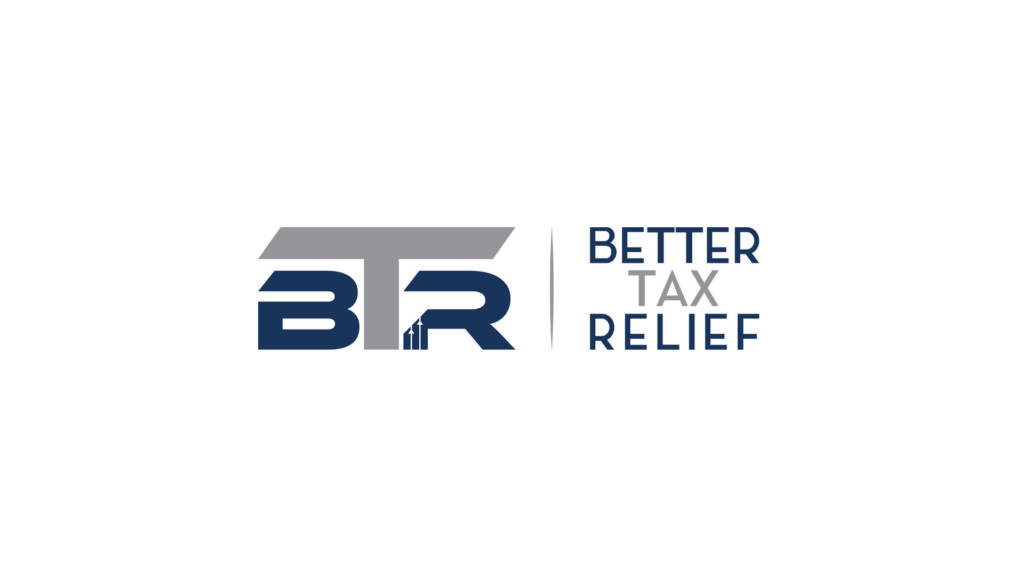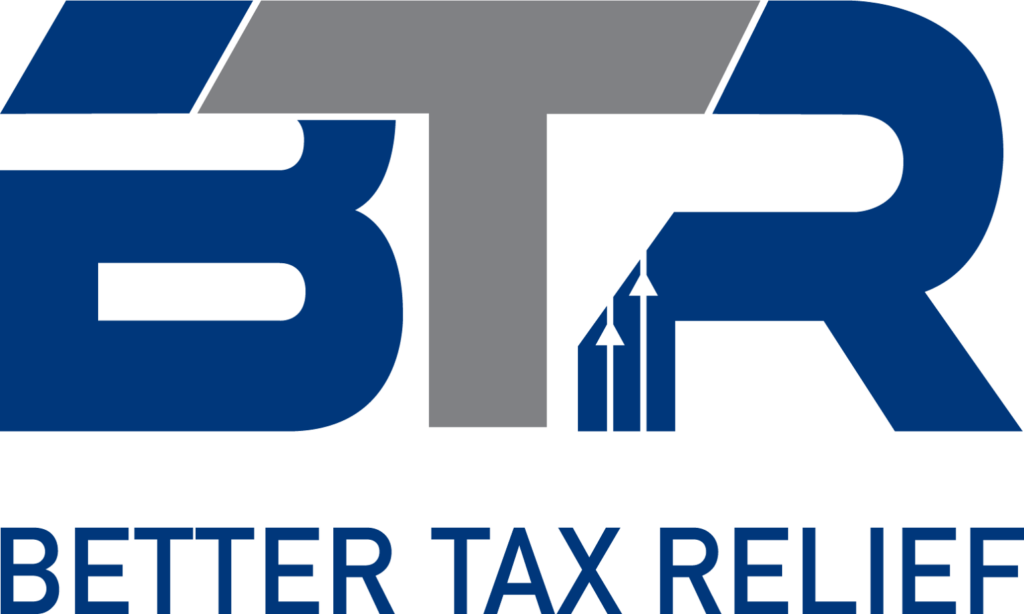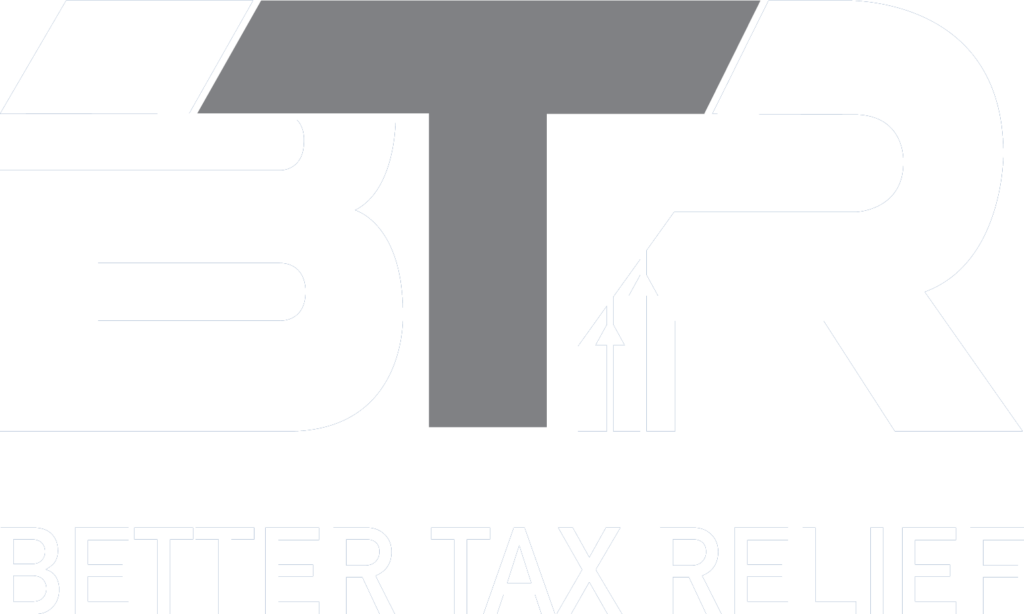Navigating tax challenges with the IRS Tax Settlement Help can feel overwhelming, especially when you’re unsure where to start. Whether you’re facing back taxes, penalties, or unfiled returns, having a clear strategy is crucial. Ignoring tax problems only makes matters worse over time, but with the right guidance and approach, you can regain control of your financial situation and find long-term relief.
To help you take the first step, we’ve outlined eight effective strategies designed to tackle IRS tax issues head-on with our IRS Tax Resolution Services. These methods cover everything from negotiating settlements and setting up payment plans to understanding your taxpayer rights. By using these practical solutions, you can address your IRS problems with confidence and start working toward a clean financial slate.

Effective Strategies to Resolve IRS Tax Issues
-
-
Installment Contract
-
If you find yourself unable to meet your tax obligations due to financial constraints, you may consider applying for a status known as “Currently Not Collectible” (CNC). This designation informs the IRS that, at present, you lack the means to settle your tax liabilities. It’s imperative to include thorough documentation demonstrating your financial incapacity to repay the debts; failure to do so could result in denial of your request.
2. Installment Agreement for Partial Payment
If you’re unable to manage a short-term tax agreement installment plan, you have the option to negotiate for a partial payment installment arrangement. This allows you to make payments in smaller increments over time. It’s important to note that there’s usually a maximum timeframe of around ten years for such arrangements. Given the unconventional nature of this payment method and the importance of maintaining a positive relationship with the IRS, consulting with your tax settlement and resolution officer is advisable to avoid potential IRS assessments.
3. At this time, not collectible
If you’re burdened with a significant backlog of unpaid taxes, opting for an installment agreement can help you divide the amount into more manageable payments. This approach simplifies the process and alleviates the stress associated with making a large lump-sum payment. By establishing a monthly payment schedule, you can effectively manage your tax obligations over time.
4. Innocent Spouse
You can prevent the transfer of tax liability from one spouse to another by filing as an innocent spouse. It’s unjust for one spouse to bear responsibility for the other’s tax debt, particularly if it predates the marriage. Filing as an innocent spouse provides a means to protect yourself from undue financial burden in such circumstances.
5. In-Compromise Offer
If you’re unable to settle your entire tax liability due to financial constraints, you have the option to submit an “Offer in Compromise” (OIC) form. This form notifies the IRS that, while you’re willing to pay a reduced amount, you lack the means to pay the full tax bill. Similar to the CNC form, you must substantiate your inability to pay the debt in full with supporting documentation. Upon acceptance of the form, you’re required to provide updated financial statements monthly. It’s important to note that once your income surpasses the OIC cutoff, you’ll be expected to resume paying the full amount.
6. Expired Returns
Filing your tax return after the deadline can result in additional fees or interest assessments. However, you can swiftly address this issue by submitting a past-due return form. By doing so, you may qualify for a tax refund on any overpaid amounts, potentially providing additional savings.
7. Penalty Reduction
If you’ve incurred any type of tax penalty, you have the option to apply for an abatement to reduce or completely eliminate the fines. Seeking guidance from your settlement and resolution officer is advisable to present a compelling case for the reduction. Providing a clear rationale for your request is essential for a successful abatement application.
8. Period of Limitation
Tax debts typically carry a ten-year statute of limitations, after which they may be forgiven. However, it’s crucial to note that the IRS often employs various methods to collect outstanding debts, making reliance on this forgiveness rare. Attempting to avoid tax obligations solely on this basis is not advisable. While individuals without assets, cash, or property subject to seizure by the IRS may appear to avoid payment for a decade, the IRS frequently resorts to measures such as tax liens or levies to recoup owed funds.
Better Tax Relief is the place to go if you require any assistance with your tax situation. Any form of tax difficulty you may be in can be avoided with the assistance of our knowledgeable Settlement and Resolution Officers at Better Tax Relief. Call us at 866-562-1216



